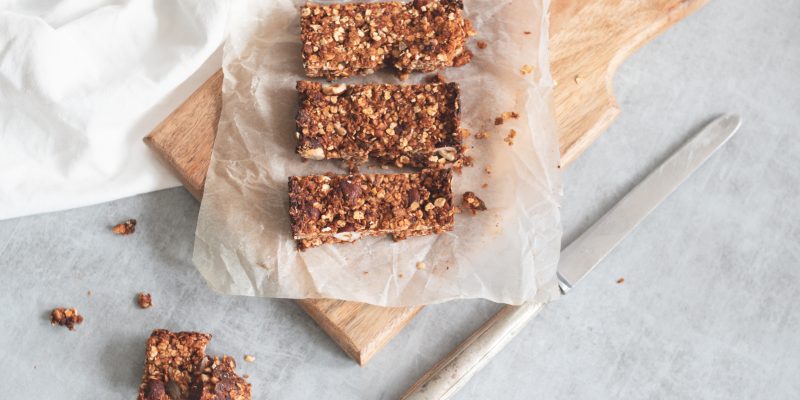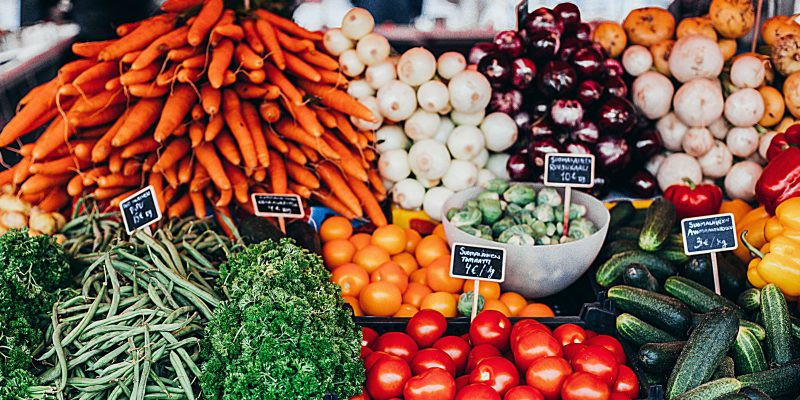Get More Energy: Tips for Dancers
In this post, Rachel uncovers five key strategies dancers can use to stay energized throughout their demanding schedules. Understanding the role of carbohydrates, protein, and fat is the start. Learn about the importance of regular meals and snacks, hydration habits, and mindful caffeine consumption.
Read More…Protein Powder for Dancers, Ranked
Protein powders can support dancers during busy training periods, but they should never replace balanced meals or consistent food-based protein throughout the day. While whey protein remains the most effective and well-researched option, plant-based blends such as pea-and-rice or soy protein can offer complete amino acid profiles for dancers who avoid dairy. Collagen, despite its popularity, is not a complete protein and should not be relied on for muscle recovery or performance support. Let’s dive deeper.
Read More…What’s the Best Protein Bar for a Dancer?
Protein bars can be a convenient tool for dancers who need quick, portable fuel between classes, rehearsals, and performances. The best bars offer balanced nutrition with carbohydrates for energy, fats for satisfaction, and moderate protein for recovery. Dancers should avoid bars that often cause digestive discomfort. Choosing a bar with simple, real-food ingredients helps ensure predictable energy and supports optimal performance.
Read More…Dealing With Diet Talk: Your Ultimate Guide
If you’re embracing intuitive eating or moving away from diet culture, chances are you’ll encounter unwanted “diet talk.” This article shares five practical steps to recognize diet talk, set boundaries, and respond with confidence and self-care. Learn how to navigate comments about food, weight, and body image without losing focus on your progress. Feel empowered to protect your mindset and foster more supportive conversations around food and body.
Read More…The Most Common Nutrition Concerns Amongst Dancers
Dancers face distinctive nutrition concerns, from appetite dysregulation and wellness culture misinformation to increased injury risk. Learning to fuel consistently, honor hunger cues, and reject restrictive diet trends helps dancers build strength, energy, and longevity in their careers.
Read More…Is Organic Food Healthier?
Organic food is often marketed as the healthier choice, but is that really true? While the USDA organic label reflects specific farming and production standards, research shows little nutritional difference between organic and conventionally grown foods. Pesticide residues in both are far below safety limits, and “natural” doesn’t always mean safer or more sustainable. The real takeaway? Eating more fruits and vegetables— no matter how they’re grown— is what truly supports your health and performance as a dancer.
Read More…







